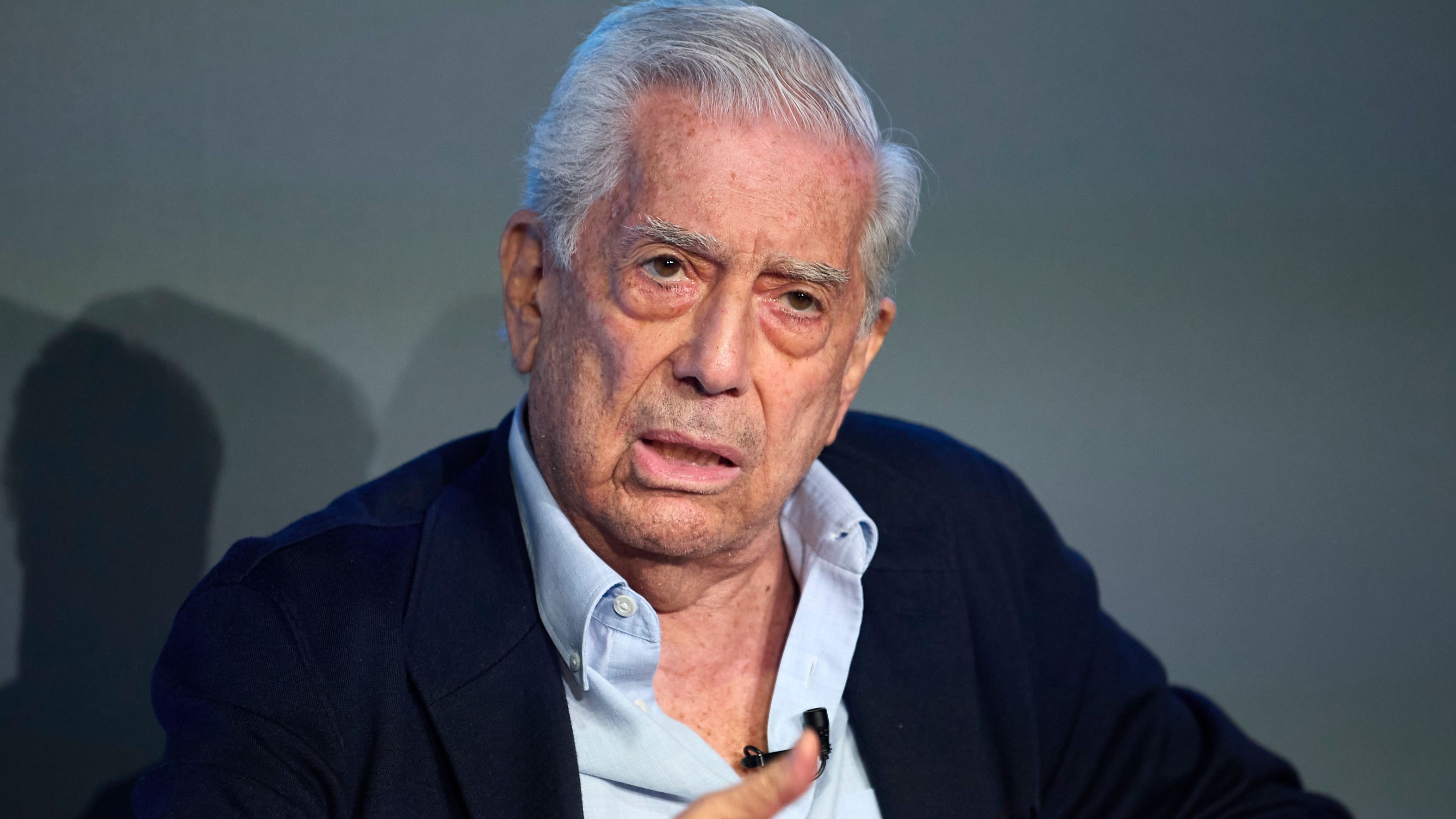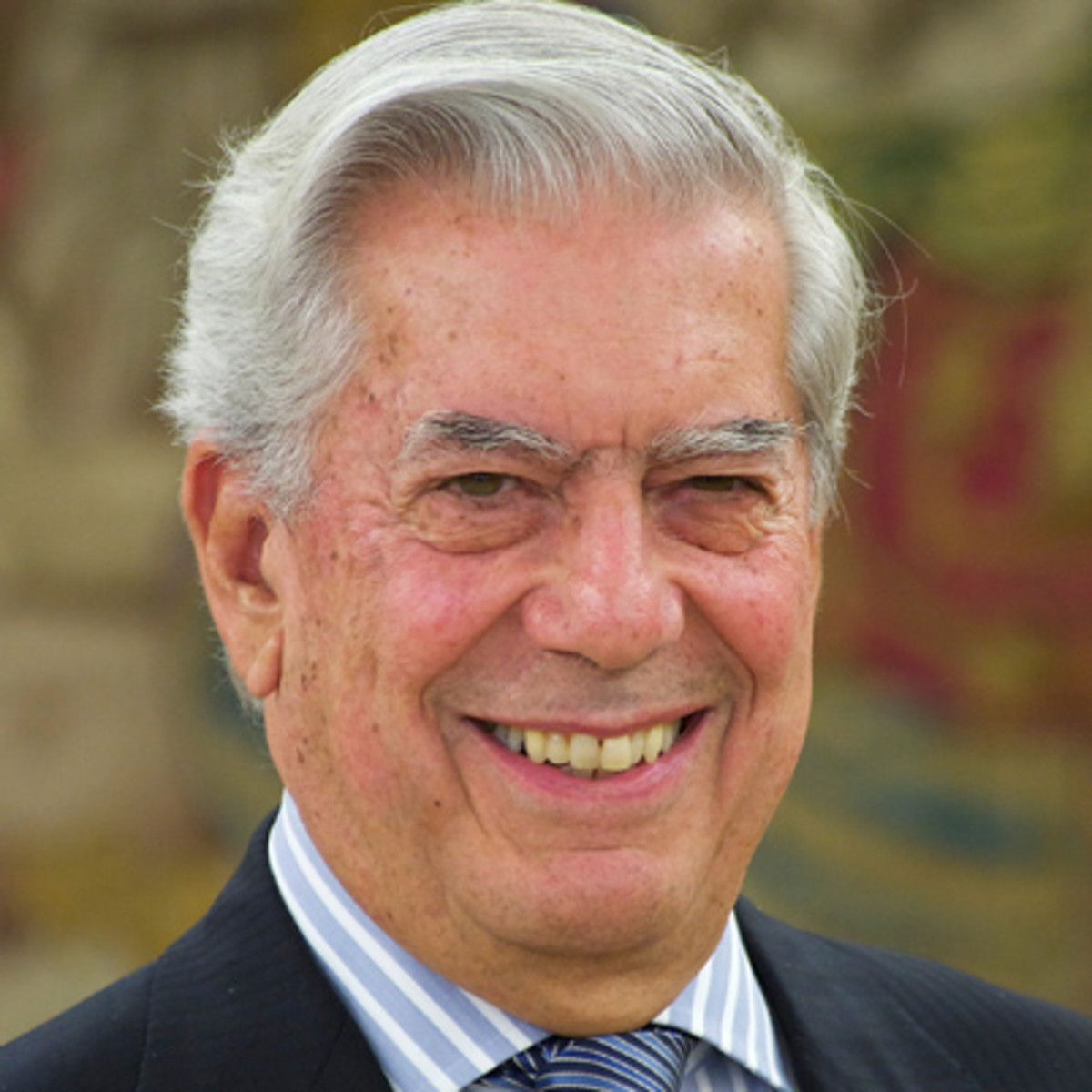Table of Contents
- Mario Vargas Llosa - Foto para Collage realizado por Eduardo Arroyo ...
- Mario Vargas Llosa | Biography, Books, Nobel Prize, & Facts | Britannica
- Mario Vargas Llosa, el sobreviviente del boom latinoamericano – Español
- Analysis of Mario Vargas Llosa’s Novels – Literary Theory and Criticism
- Mario Vargas Llosa, cambio de los vientos en su recuerdo sobre Isabel ...
- Mario Vargas Llosa habla de su crisis con Isabel Preysler en el relato ...
- Mario Vargas Llosa | American Academy of Arts and Sciences
- Shiraz Hassan: Mario Vargas Llosa: 2010 Nobel Laureate in Literature
- Mario Vargas Llosa, resumen de biografía y obras completas
- Mario Vargas Llosa | Nobel literature, Nobel prize in literature ...


Vargas Llosa was born on March 28, 1936, in Arequipa, Peru, and began his writing career at a young age. His early works, such as The Time of the Hero (1963) and The Green House (1966), showcased his unique blend of realism and experimentation, which would become a hallmark of his writing style. His novels often explored the tensions between individual freedom and societal constraints, as well as the complexities of Peruvian history and culture.


A Literary Legacy


One of Vargas Llosa's most significant contributions to literature was his ability to blend genres and push the boundaries of traditional narrative. His novels often incorporated elements of mystery, adventure, and satire, making him a pioneer of the postmodern literary movement. His writing was characterized by its lyricism, wit, and intellectual curiosity, which drew readers into the complex worlds he created.
/MarioVargasLlosa-5af5978d43a10300377b1e77.jpg)

Awards and Recognition

Despite his many accolades, Vargas Llosa remained humble and dedicated to his craft. He continued to write until the end of his life, leaving behind a legacy of literary excellence and a body of work that will continue to inspire and challenge readers for generations to come.

A Lasting Impact
The passing of Mario Vargas Llosa is a loss not only for Peru but for the global literary community. His contributions to literature, politics, and culture will be remembered and celebrated for years to come. As a writer, he embodied the spirit of intellectual curiosity and creative innovation, inspiring countless readers and writers around the world. His legacy serves as a reminder of the power of literature to shape our understanding of the world and ourselves, and to inspire us to think critically and creatively about the complexities of human experience.In conclusion, the life and legacy of Mario Vargas Llosa serve as a testament to the enduring power of literature to inspire, educate, and challenge us. As we remember this literary giant, we honor not only his achievements but also the boundless possibilities of the human imagination.